David Spicer was Co-Founder and Artistic Director of the Albert Schweitzer Organ Festival, and Minister of Music and the Arts at First Church of Christ in Wethersfield, where he directed a multiple vocal and handbell choir program and produced a monthly concert series. A native of Austin, Texas, Spicer received his first musical training from his parents. He first played the organ in church at the age of eight. Childhood organ teachers included Donald Firnhaber, Eleanor Page, Henri Pantillion and Esma Beth Clark. Spicer was a graduate of the Curtis Institute of Music in Philadelphia, where he was an Artist-Scholar under the renowned Dr. Alexander McCurdy. Graduate studies were completed at Eastern Baptist Theological Seminary, also in Philadelphia. Further organ study was done under Dr. Robert Elmore. Spicer acknowledged Dr. Virgil Fox as a source of inspiration for his own style of organ playing.
As a recitalist, David Spicer always involved his audience and liked to feel that they “walk away with a greater understanding of the king of instruments.” He was known for his transcriptions, included in every recital. A gifted conductor, Spicer presented several area premier performances. As a teacher, he had the distinction of having had three of his students win full scholarships to his alma mater, the Curtis Institute of Music. In 1996, he co-founded the Albert Schweitzer Organ Festival / USA with Harold Robles, former director of the Albert Schweitzer Institute at Quinnipiac University in Hamden.
He was dedicated to the idea that Christianity and music, two of the greatest forces in our world, can effectively merge to wash away “the dust of everyday life” from our souls.
For the Festival’s 20th Anniversary, the ASOFH Board of Directors commissioned Philip Stopford to compose a new setting of Psalm 150 in memory of David Spicer. The Trinity College Chapel Singers and choirs from St. James’s and St. John’s Episcopal Churches, West Hartford, sang the new anthem during the closing event of the Festival. The choirs reunited to record the new piece. Below, you may enjoy the recording as well as a short video (“Choirs in Perfect Harmony”) documenting the process of making the recording.



